Leipzig University just got the world’s largest brain-inspired supercomputer. Could this be the future of drug discovery?
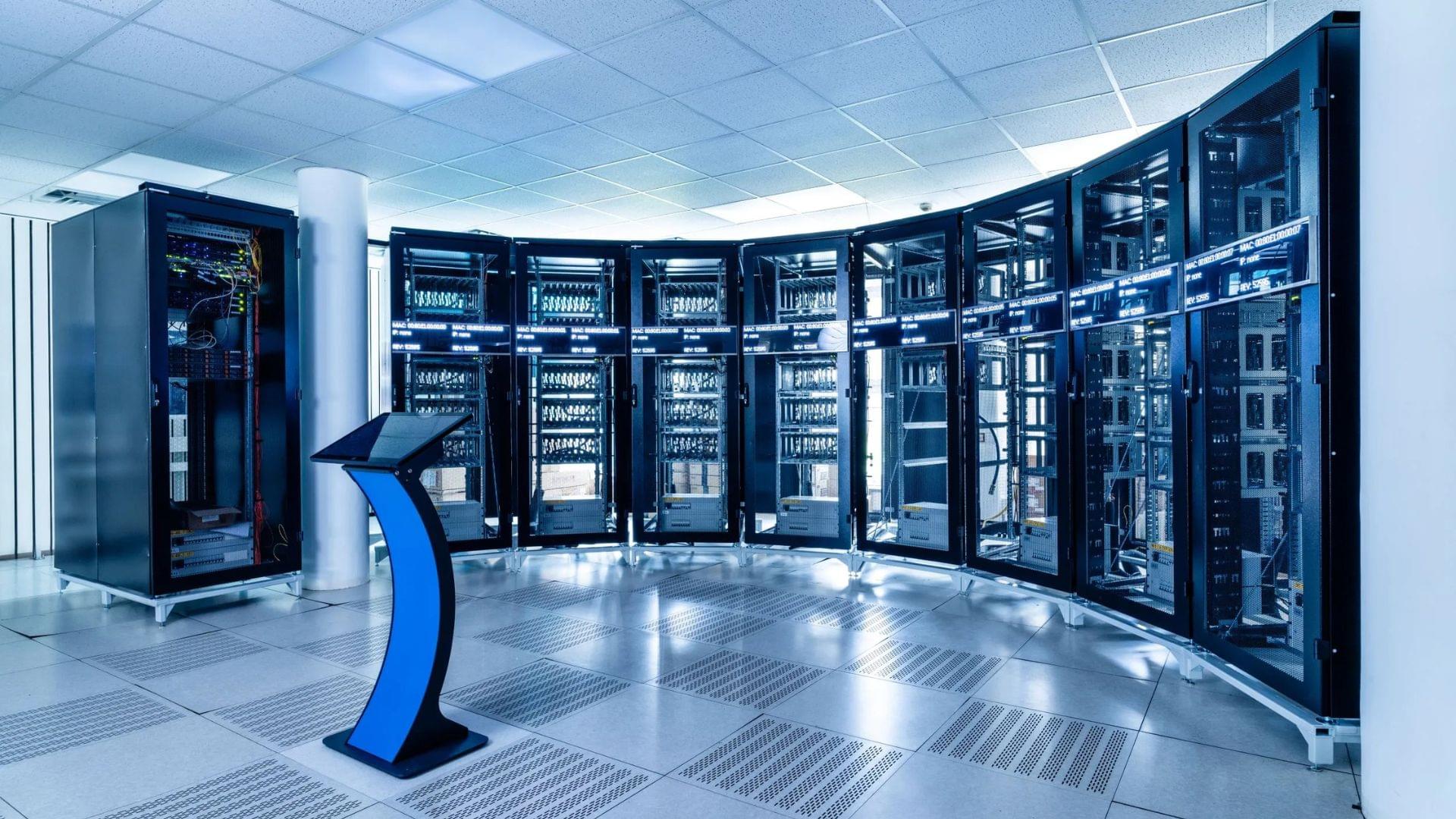

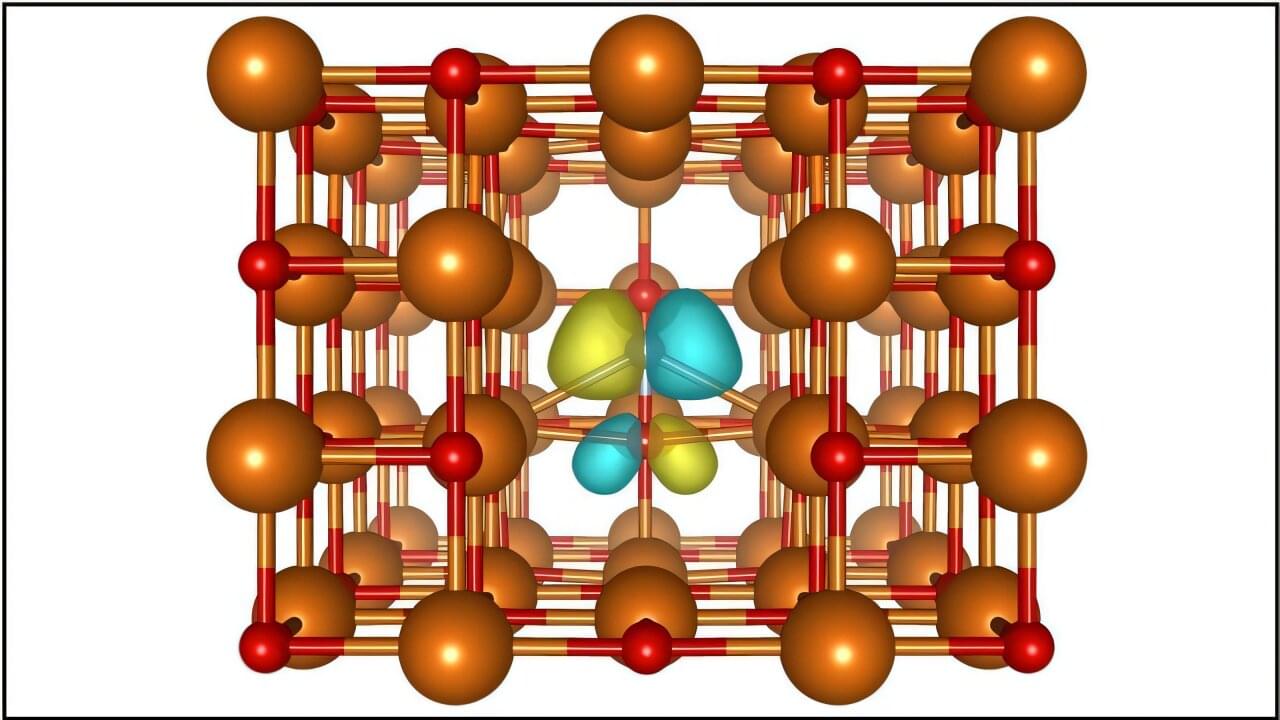
Used as a versatile material in industry and health care, magnesium oxide may also be a good candidate for quantum technologies. Research led by the U.S. Department of Energy’s (DOE) Argonne National Laboratory and published in npj Computational Materials reveals a defect in the mineral that could be useful for quantum applications.
Researchers are exploring possible building blocks, known as qubits, for systems that could exploit quantum properties. These systems could operate in various devices that may outperform classical supercomputers, form unhackable networks or detect the faintest signals.
Unlocking the potential of qubits for applications such as quantum computing, sensing and communications requires an understanding of materials on the atomic scale.

Scientists have been studying a fascinating material called uranium ditelluride (UTe₂), which becomes a superconductor at low temperatures.
Superconductors can carry electricity without any resistance, and UTe₂ is special because it might belong to a rare type called spin-triplet superconductors. These materials are not only resistant to magnetic fields but could also host exotic quantum states useful for future technologies.
However, one big mystery remained: what is the symmetry of UTe₂’s superconducting state? This symmetry determines how electrons pair up and move through the material. To solve this puzzle, researchers used a highly sensitive tool called a scanning tunneling microscope (STM) with a superconducting tip. They found unique signals—zero-energy surface states—that helped them compare different theoretical possibilities.
Their results suggest that UTe₂ is a nonchiral superconductor, meaning its electron pairs don’t have a preferred handedness (like left-or right-handedness). Instead, the data points to one of three possible symmetries (B₁ᵤ, B₂ᵤ, or B₃ᵤ), with B₃ᵤ being the most likely if electrons scatter in a particular way along one axis.
This discovery brings scientists closer to understanding UTe₂’s unusual superconducting behavior, which could one day help in designing more robust quantum materials.
UTe₂ currently operates at very low temperatures (~1.6 K), so raising its critical temperature is a major goal.
Scaling up production and integrating it into devices will require further material engineering.

Scientists at the University of Stuttgart’s Institute of Aerodynamics and Gas Dynamics (IAG) have produced a novel dataset that will improve the development of turbulence models. With the help of the Hawk supercomputer at the High-Performance Computing Center Stuttgart (HLRS), investigators in the laboratory of Dr. Christoph Wenzel conducted a large-scale direct numerical simulation of a spatially evolving turbulent boundary layer.
Using more than 100 million CPU hours on Hawk, the simulation is unique in that it captures the onset of a canonical, fully-developed turbulent state in a single computational domain. The study also identified with unprecedented clarity an inflection point at which the outer region of the turbulent boundary layer begins to maintain a self-similar structure as it moves toward high Reynolds numbers. The results appear in a new paper published in the Journal of Fluid Mechanics.
“Our team’s goal is to understand unexplored parameter regimes in turbulent boundary layers,” said Jason Appelbaum, a Ph.D. candidate in the Wenzel Lab and leader of this research. “By running a large-scale simulation that fully resolves the entire development of turbulence from an early to an evolved state, we have generated the first reliable, full-resolution dataset for investigating how high-Reynolds-number effects emerge.”
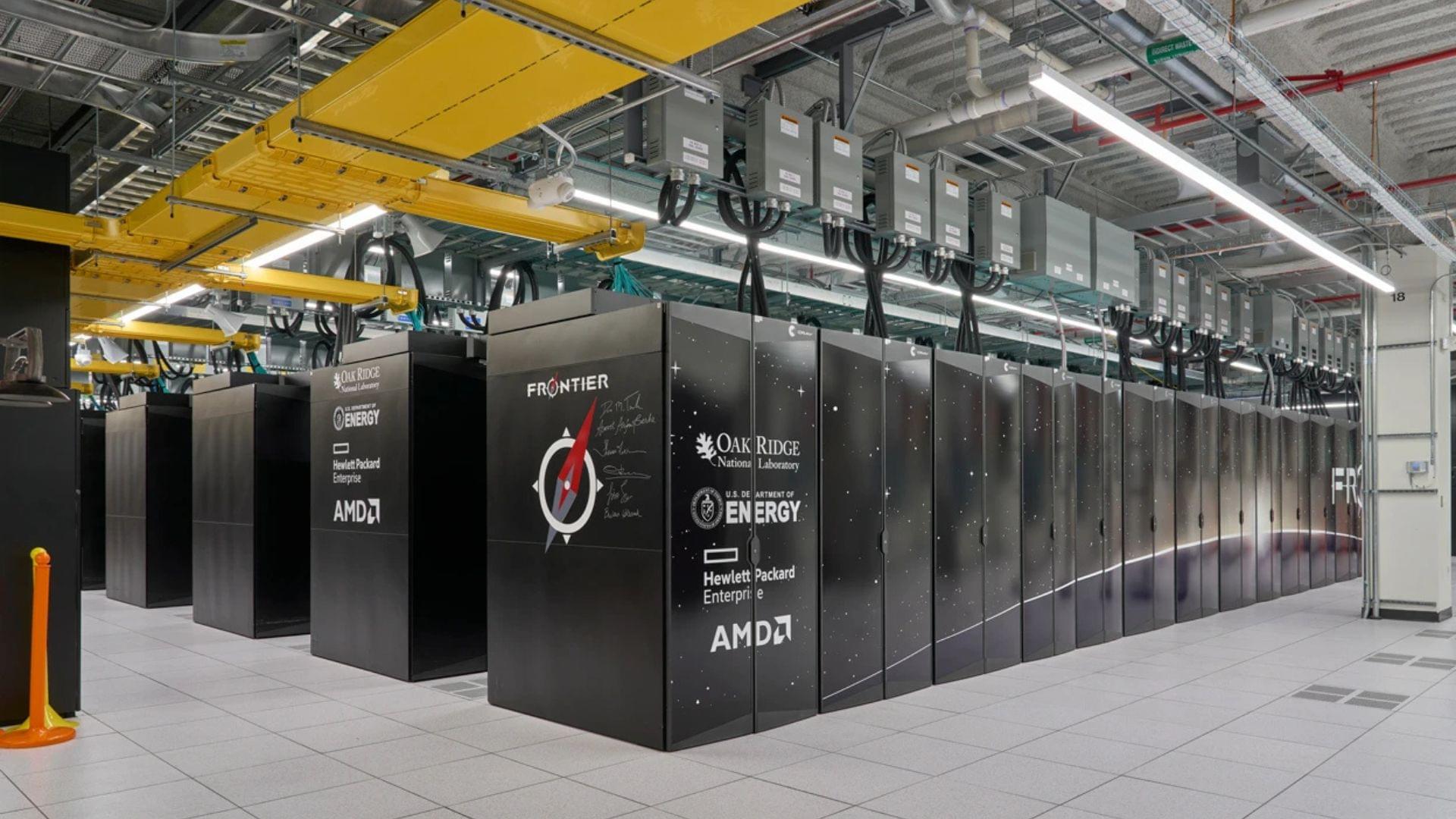
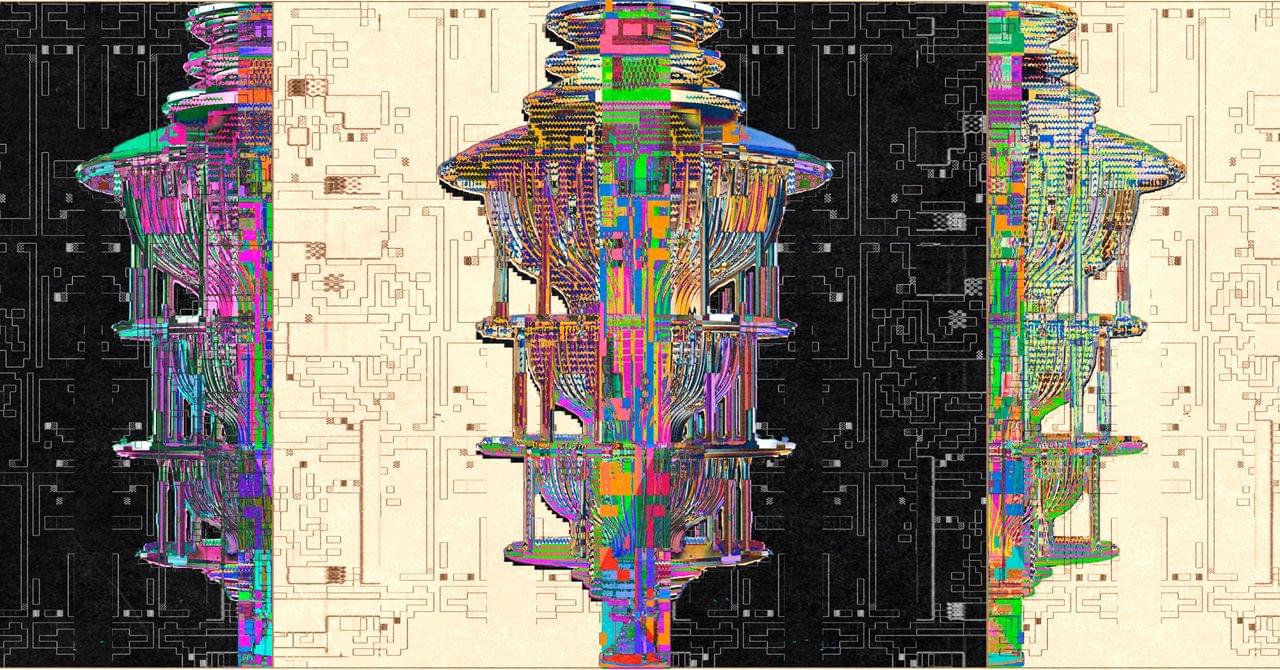
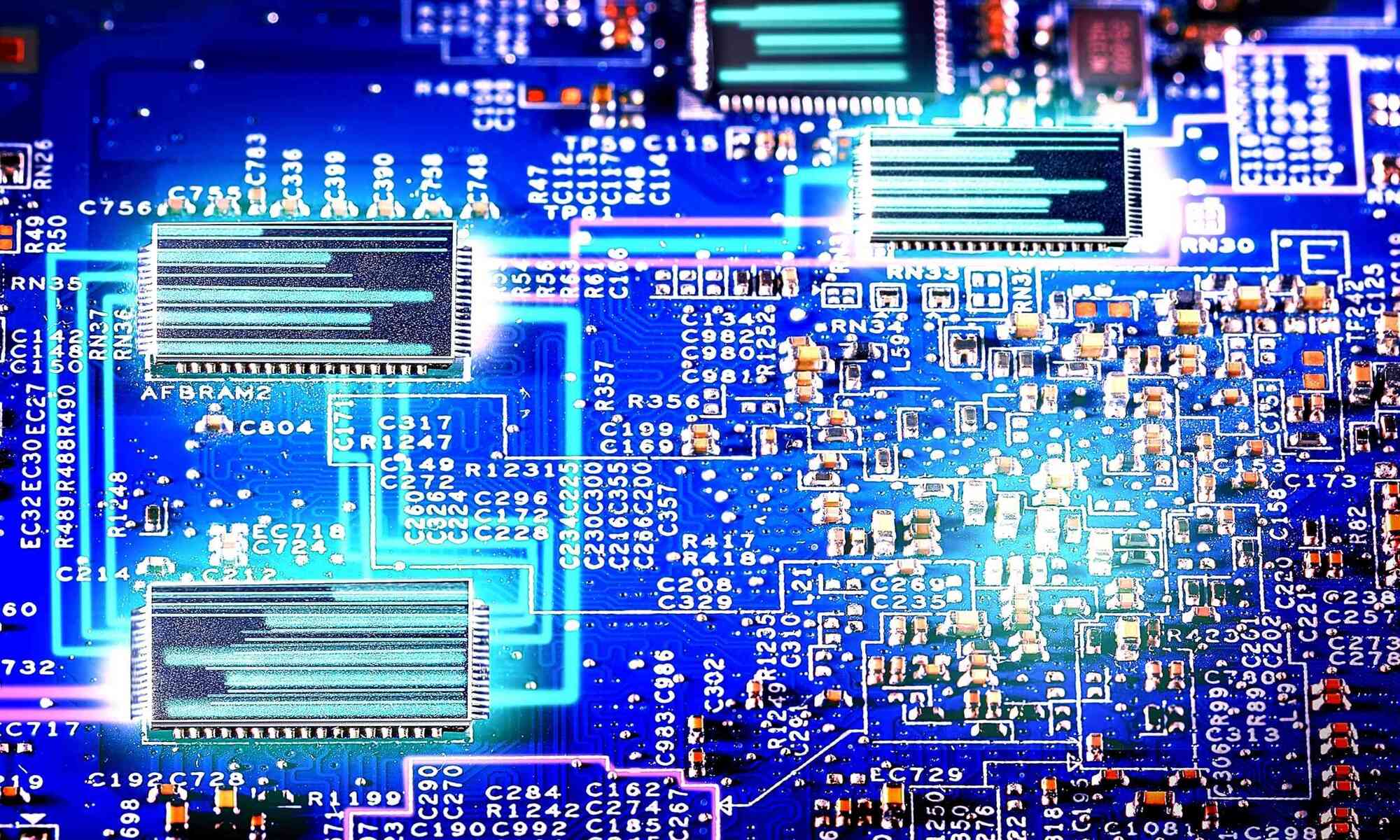

The startup behind Chicago’s more than $1 billion quantum computing deal said operations are expected to start in three years, a win for Illinois Governor JB Pritzker, who backed the investment and is widely seen as a potential presidential candidate.
PsiQuantum Corp. will start construction at the state’s new quantum and microelectronics park in the South Side of Chicago later this year, Chief Executive Officer Jeremy O’Brien said in an interview at Bloomberg’s Chicago office. The supercomputer — one of two utility-scale, fault-tolerant machines the company is building globally — is expected to be online in 2028, he said.
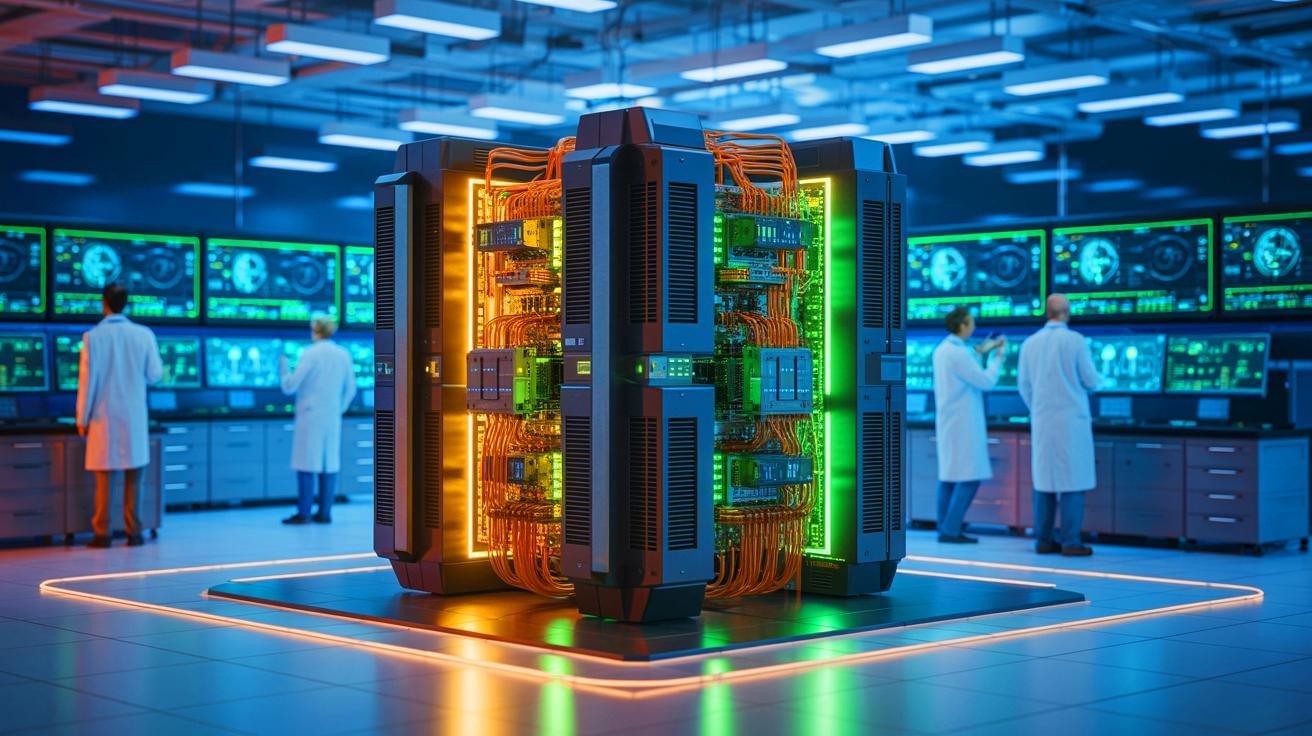
IN A NUTSHELL 🚀 Nexus, a $20 million supercomputer, is set to transform U.S. scientific research with its AI power. 🔬 Designed for accessibility, Nexus democratizes high-performance computing, allowing researchers nationwide to apply for access. 🌐 Georgia Tech, in collaboration with the NCSA, is creating a shared national research infrastructure through Nexus. 📈 With unprecedented
What will we build? How will humanity expand and conquer the stars? Embark on this incredible audio-visual journey to find out…
Music:
Intro: ‘Helios’ by Scott Buckley.
Video: ‘Discovery’ by Scott Buckley.
Links:
• ‘Helios’ [Cinematic Orchestra CC-BY] — Sco…
• ‘Discovery’ [Epic Cinematic CC-BY] — Scott…
@ScottBuckley.
Patreon: / stargaze908
TikTok: / stargaze_youtube.
Discord: / discord.
Shorts: / @stargazeshorts.
00:00 — Intro.
00:50 — Dyson Swarm.
01:19 — Dyson Sphere.
02:18 — Supercomputer.
02:51 — Orbital Rings.
03:48 — Terraforming.
05:19 — Ringworld.
06:18 — Cosmic Engineering.
Like & Subscribe if you liked the video!
Thanks for watching!